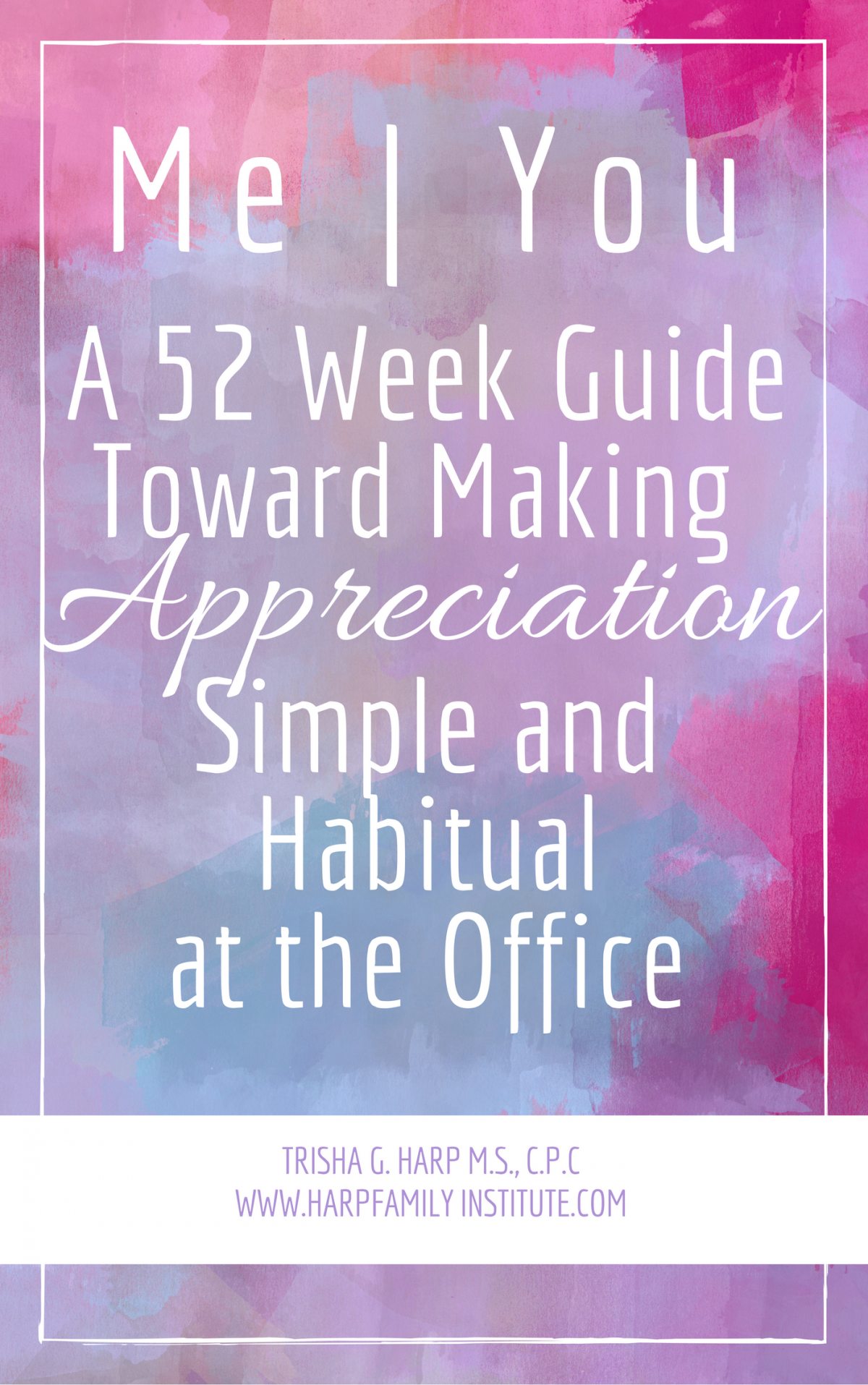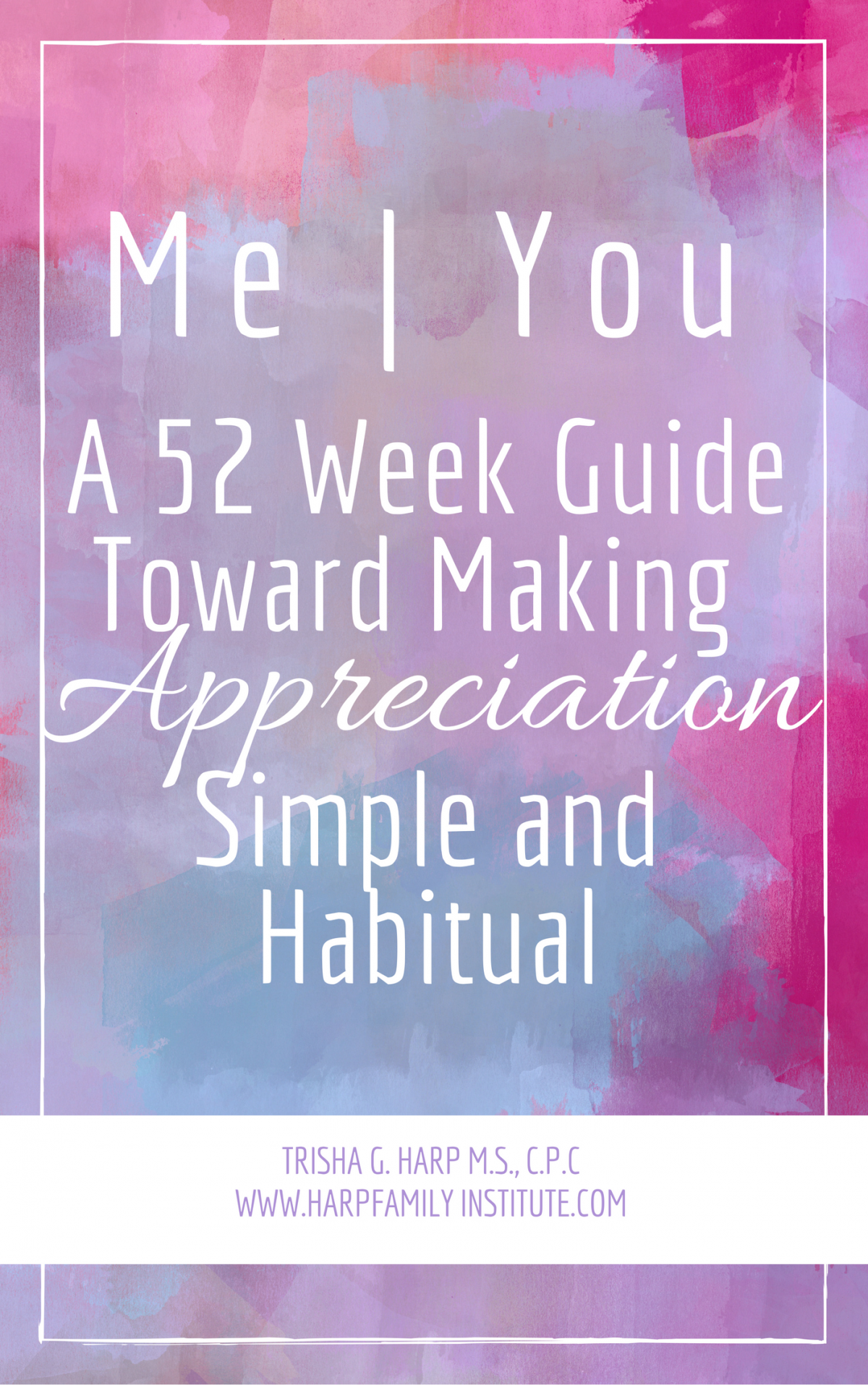I recently wrote a blog post about listening with empathy while maintaining your sanity. But how can you do that if you don’t really understand the difference between sympathy and empathy? So let’s take a moment to define them both and garner a better understanding of how they can apply to your life.
The Dictionary definition of the word Empathy means: the ability to understand and share the feelings of another.
While the Dictionary definition of the word Sympathy means: feelings of pity and sorrow for someone else’s misfortune.
So, as a practitioner who just shared how I am able to empathize with someone while maintaining an emotional distance, you may be asking how I can do that while sharing the feelings of another person? In order to understand and share the feelings of another person, you most likely have to have experienced those feelings yourself at some point in time in your life. Most people experience many of the same emotional ups and downs throughout their life, whether it’s an argument with a family member, friend or co-worker, frustrations over being overlooked for a promotion or a job, feelings of insecurity and inadequacy, ultimately, most of the emotions we experience as individuals are ubiquitous.
As a result, when a client shares with me about something going on in their life, I am most likely able to draw on an experience I have had and share with them the details about that experience. I am able to convey the way I felt about my own situation and how I dealt with it. This is empathy. Having the ability to understand and then share in the feelings of others. I don’t have to take on their emotional state to recognize and validate what they are going through. But I can help them to realize they aren’t alone in their feelings and experiences.
Between the ability to express themselves fully, answer pointed questions I ask, and absorb what they are able to take from my own experiences, my clients often leave our sessions feeling heard. Feeling valued. Feeling like they understand their next steps.
When someone experiences something truly tragic, like the loss of a partner or child, the depth of this emotion is not something I would ever imagine to fully share and understand. Thus, I can offer empathy through the loss of my dad, but merely sympathy regarding their own personal loss. Gratefully, I haven’t had to experience such loss or pain in my life. Sometimes sympathy is all someone needs to get through the day. They need a shoulder to cry on. A hug so hard they remember they are still alive. An ear to bend. They don’t need empathy from you. They don’t need you to talk. They just need you to listen or to just be. They just need you.
The acts of empathy and sympathy can be difficult for some people. It doesn’t come naturally to everyone. My next blog entry on this topic will address simple, but effective things you can do to express empathy or sympathy that will help make the other person feel supported.












